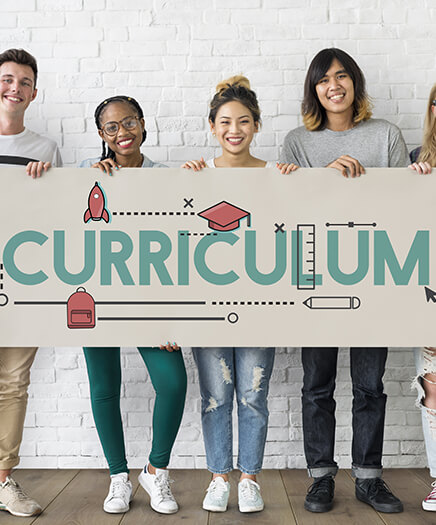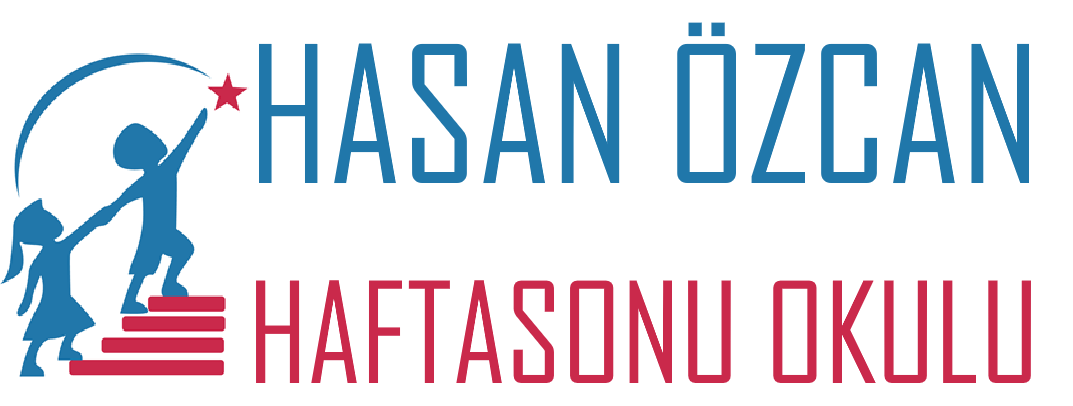CURRICULUM
INTERCULTURAL
AWARENESS
Gaining an insight into the cultures of others is an important step toward developing cultural sensitivity and awareness. … This is exciting news, because it will lead to the next generation of global citizens being more culturally sensitive, aware, and understanding in their interactions with others.
It is often said that learning a language broadens your view of the world. It helps you to understand other cultures and be more accepting of the differences among people. Turkish is a fascinating
language that has enriched the English vocabulary, with its many loanwords
At Hasan Ozcan Weekend School our Religious Education is based on ‘Learning for Life’
Religion has its origin in the spiritual aspects of people’s lives. It is derived from people’s experience and search for meaning. Religious Education should be concerned with developing children’s awareness of themselves and others, allowing the children to explore their own emotions and opinions and respect those of others.
Children need to acquire knowledge and understanding of religious practices. R.E. must provide the children with the skills and opportunities to make judgements about spiritual and moral issues, as well as informed decisions regarding their own beliefs. Positive attitudes towards others are to be promoted.
At Hasan Ozcan Weekend School all participating pupils study Islam but each year group offers the opportunity to explore the beliefs of another religion. It is our aim to ensure pupils attending our school are aware of the beliefs of their peers, also providing critical thinking skills to evaluate their own beliefs.
- To enable pupils to acquire knowledge and understanding of all religions represented in Great Britain, leading them to develop an awareness of how religious teachings relate to fundamental life questions.
- To enable pupils to develop a positive and sensitive attitude towards others, respecting their right to hold different beliefs from their own.
- To encourage children to explore their own ideas, beliefs and values, thus developing an awareness of right and wrong and contributing to their moral, social and spiritual development.
- To develop in children an understanding of the influence of beliefs, values and traditions in individuals, communities, societies and cultures.
- To understand and respect the similarities and differences in their own beliefs and those of others.
- Pupils should have the opportunity to learn about and from religious beliefs and practices through a variety of media: i.e. Artefacts, photographs, stories, information texts, visits, listening to others and sharing their own experiences.
- Teaching should show the importance of religion in people’s lives and should reflect the distinctiveness of each religion being studied.
- Pupils should explore their feelings, experiences and responses using a variety of media e.g. writing, painting and drawing, speech, drama and music.
- Pupils should study strands which are common to most religions i.e. worship, prayers, celebrations, rites of passage, holy books, symbolism and key figures.
- Pupils should be encouraged to examine similarities and differences between different religions as their knowledge deepens and reflect upon how belief systems are important to many individuals the world over.
- The right of the parent to withdraw their children from acts of worship is a legal entitlement.
- Parents should write a letter or make an appointment to discuss the matter with the Headteacher.
- The school is always willing to discuss any concerns of parents regarding Religous Education.
Religious education has an extremely important role in our schools and beyond. We live in an exciting time where change and diversity surrounds us. Good quality religious education supports our young people in understanding their own, and others, beliefs, understandings and values. This depth of understanding is important for personal development and crucial for the development of cohesive, caring communities.
At Hasan Ozcan Weekend School, Physical Education and activity time forms an important part of the education of each pupil.
We aim to promote this by providing age-appropriate activities, such as chess, art, music, drama and folk dancing representing different regions of Turkey.
We especially promote folk dancing as teaching folk dance to young children fulfils many goals of a good early education program. It provides fun ways to develop physical abilities and coordination and to enjoy physical exercise especially needed in today’s society. It also presents an excellent outlet for active children. It teaches basic concepts of rhythm, repetition, sequencing, patterning, predictability, anticipation, musical cues, auditory discrimination, and counting.
Halay, Horon, Zeybek are the 3 main dances that are taught by our teachers who are professionals in their field.
We also teach drama which is also very important as well as having fun to perform, children will enjoy real benefits such as greater confidence, improved concentration and an increased awareness of what they can achieve.

